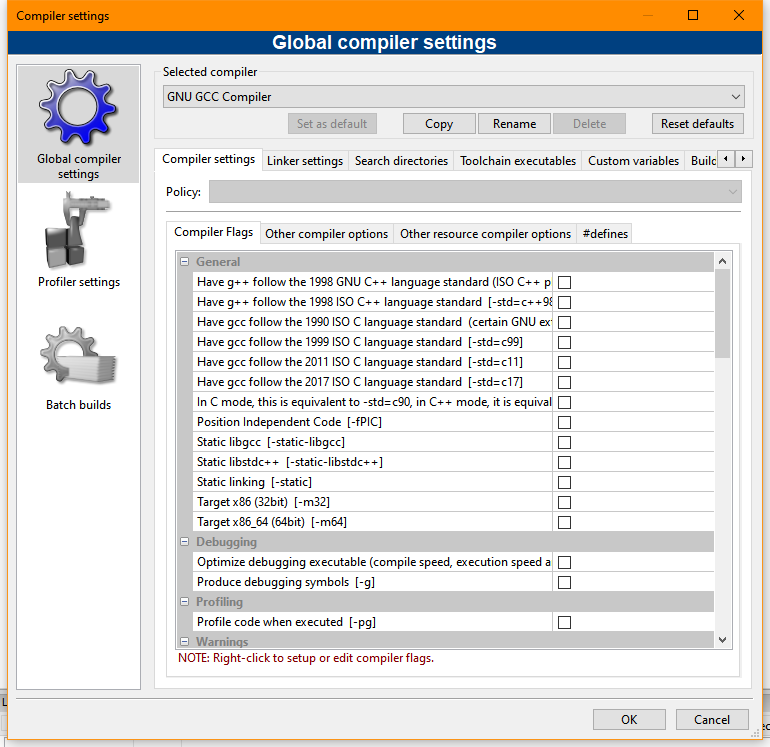None of my Python books, including Algorithms for Dummies, 2nd Edition, Beginning Programming with Python For Dummies, 3rd Edition, Machine Learning for Dummies, 2nd Edition, Machine Learning Security Principles, and Python for Data Science for Dummies, show how to compile a Python program. This is because the interpreted nature of Python makes it easier to work with scripts for these reasons:
- The interpreter provides instant results to make learning faster.
- It’s easier and faster to fix errors.
- The use of notebooks, as is found in all of the books, makes creating output easier.
- The use of literate programming techniques helps create an environment where acquired knowledge is more likely to remain acquired.
- Using literate programming techniques also makes it possible to document the code in a manner that’s more like reading a textbook than looking at source code.
- The use of scripts promotes experimentation, which leads to new ideas and techniques.
These are all great reasons to use scripts in books. In fact, I’m sure that many people will have other reasons to use scripts. The one thing you should note is that Python does automatically compile some files to do things like reduce loading time. Anytime you see a .pyc file, the file has been compiled by Python to bytecode through various means, including importing the script. It’s also possible to pre-compile a script using the python interpreter’s -m command line switch. The resulting output appears in the __pycache__ folder with a .pyc extension. You can further modify the compilation process by using the -o and -oo command line switches, which offer various optimizations to make the code load even faster. The problems with these outputs is that they’re only mildly obfuscated, so if your intent is to hide your code from prying eyes, this isn’t the best option.
Another built-in compilation option is to use the compile() function, which performs a compilation directly in your code. The purpose of using this function is to speed up code that is used often within your application. For example, you might use it to compile code that appears within a loop. Obviously, you get no obfuscation advantage using this approach, but you do get a speed advantage. If you don’t want to go through the bother of using the compile() function, you could always use a third party product like Numba, which reduces the task to one of adding a decorator to your code.
None of the solutions discussed so far do anything more than turn your Python script into bytecode, which is still interpreted (albeit, much faster than using a human language script). There is also an option for turning your Python code into actual machine code through various intermediate steps. A Python compiler usually turns your Python script into an intermediate language, which is then compiled into actual machine code that is native to the host platform. However, it may simply run your script online, so you need to know in advance whether you’ll end up with an executable file in the end. An executable file can offer these advantages:
- The source code is fully obfuscated, protecting your development investment.
- The code runs significantly faster than any other means of interacting with it.
- Instead of a host of script files, you usually end up with just a few executable files, perhaps even just one.
- Because it’s harder to modify, an executable file can be more secure and reliable than using scripts.
If your goal is to exclusively create an executable output, then a product like auto-py-to-exe might be your best option. This way you get to use your interpreter of choice to develop the application, then use another product to turn the result into an .exe file. The idea is to get the best of both worlds. The point of all this is that you don’t strictly have to interact with Python code in one way, using an interpreter. You have a great many options at your disposal. Let me know your thoughts about working with compiled Python code at [email protected].

